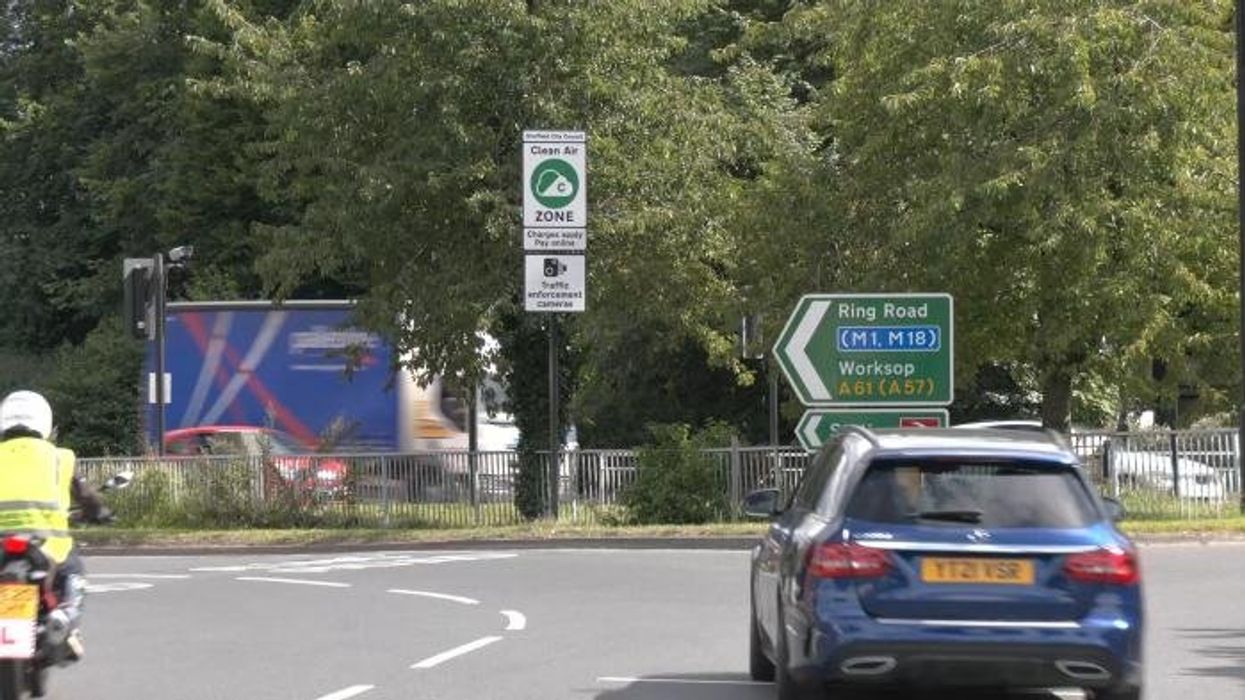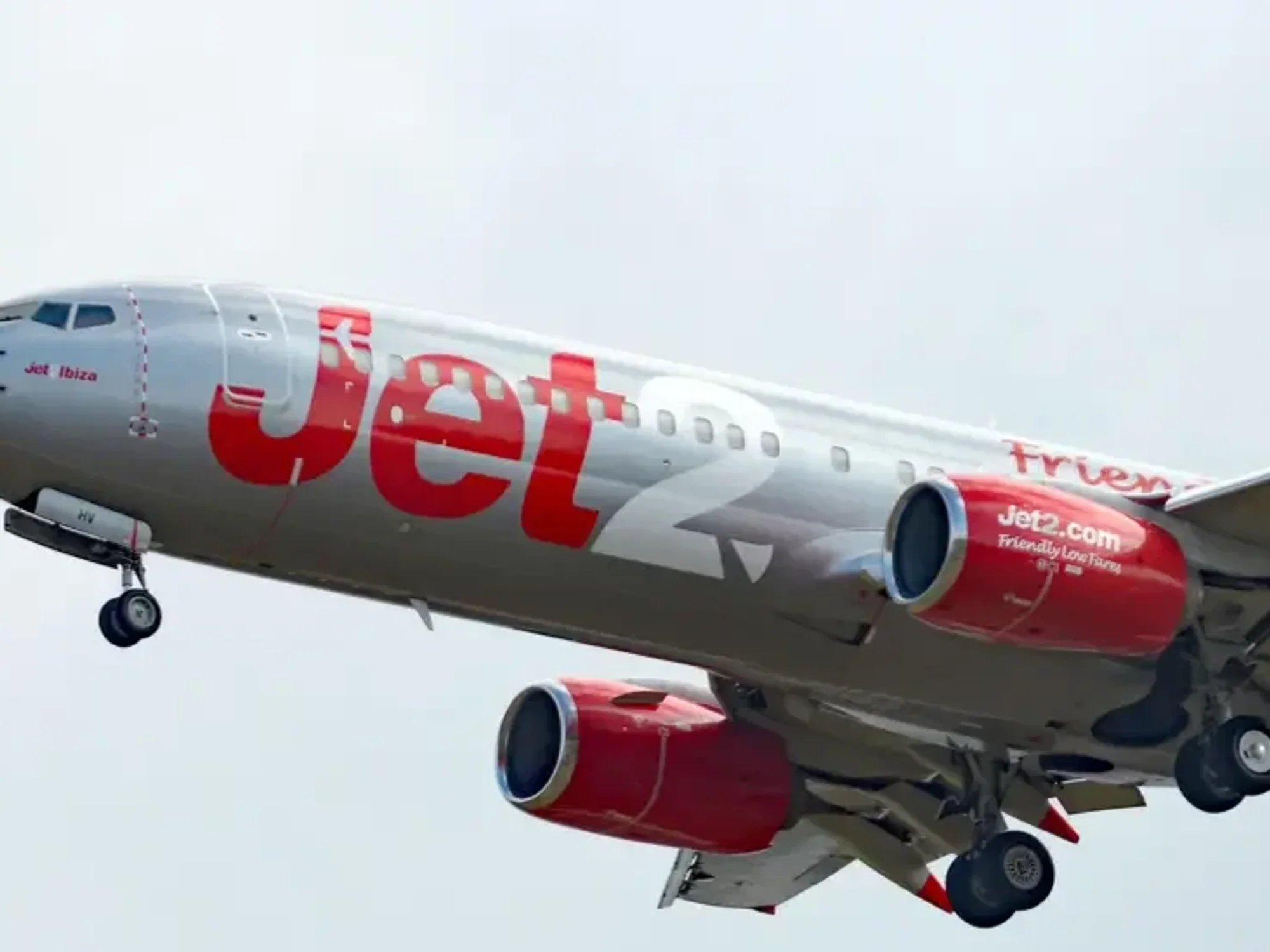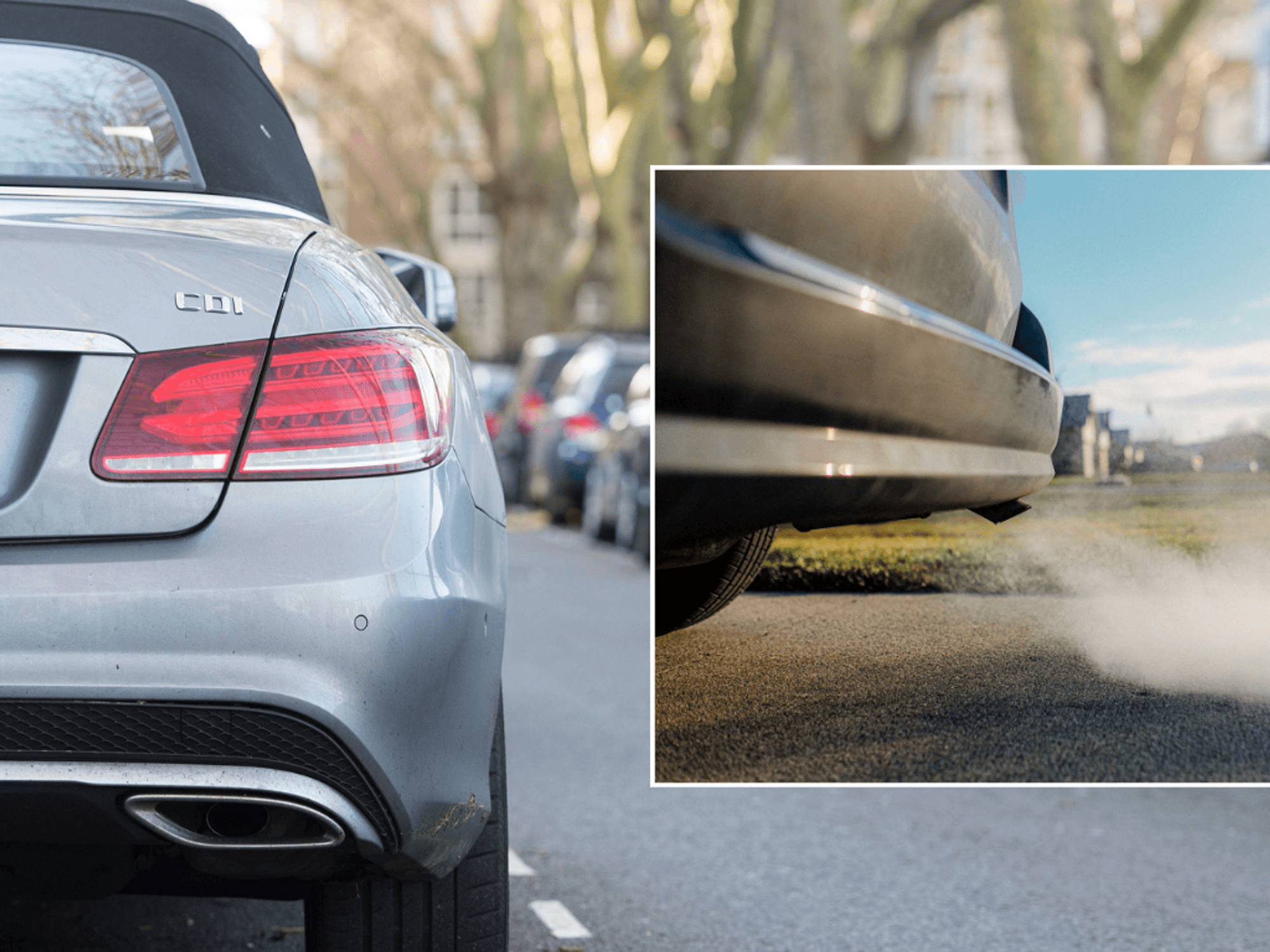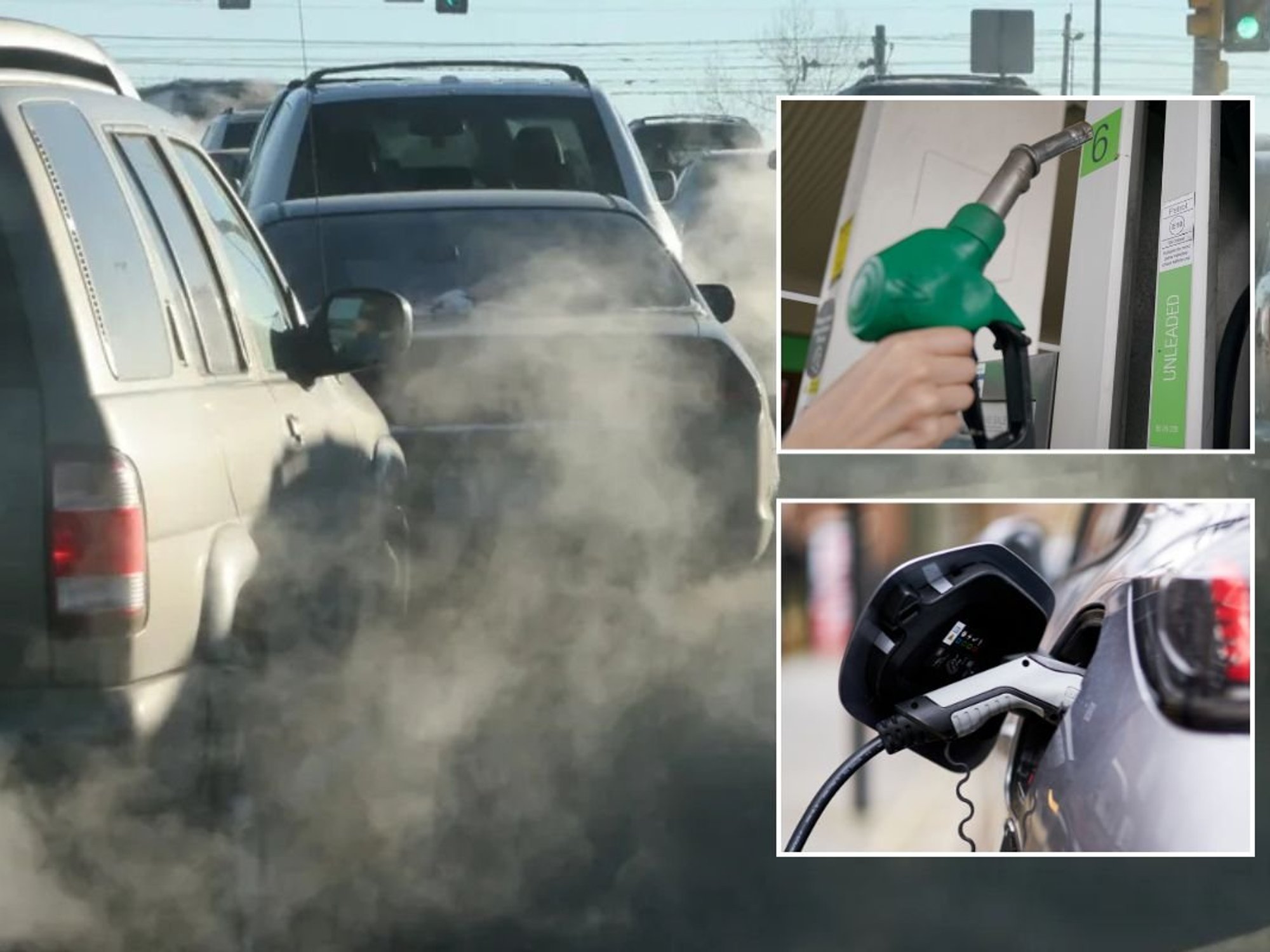Drivers could see road charges in UK city rise to £14 under new proposals - 'Disproportionate impact'

Bristol City Council plan to increase the Clean Air Zone daily charge in a drastic bid to reduce air pollution levels
Don't Miss
Most Read
Drivers could be forced to pay as much as £14 to travel around a major UK city under ambitious new road charging proposals.
Bristol City Council revealed it was considering raising its Clean Air Zone fees by as much as 55 per cent from £9 to £14 to help tackle vehicle pollution.
The plans are currently being considered by the council, as it looks to address the concerns over harmful pollution levels in the city.
The council explained that since the CAZ was introduced in 2022, "rising inflation, shifts in travel behaviours, and smaller reductions" in pollution levels have suggested that the current charges "may no longer act as a strong deterrent".
TRENDING
Stories
Videos
Your Say
Official council documents detailed: "To help accelerate progress toward clean air objectives and improve public health, one option under consideration is to increase CAZ charges to encourage higher levels of compliance.
"A proposal has been put forward to adjust CAZ charges in line with inflation. To support this, further analysis is being conducted using behavioural change modelling developed to set the initial charge levels."
The change would consist of one of three options, the first being an increase to £10, which the council stated would be in line with inflation.
Another option would be to increase the daily fee to £12, based on inflation since the charges were agreed in 2019, although it would also consider a larger, above-inflation hike to £14.
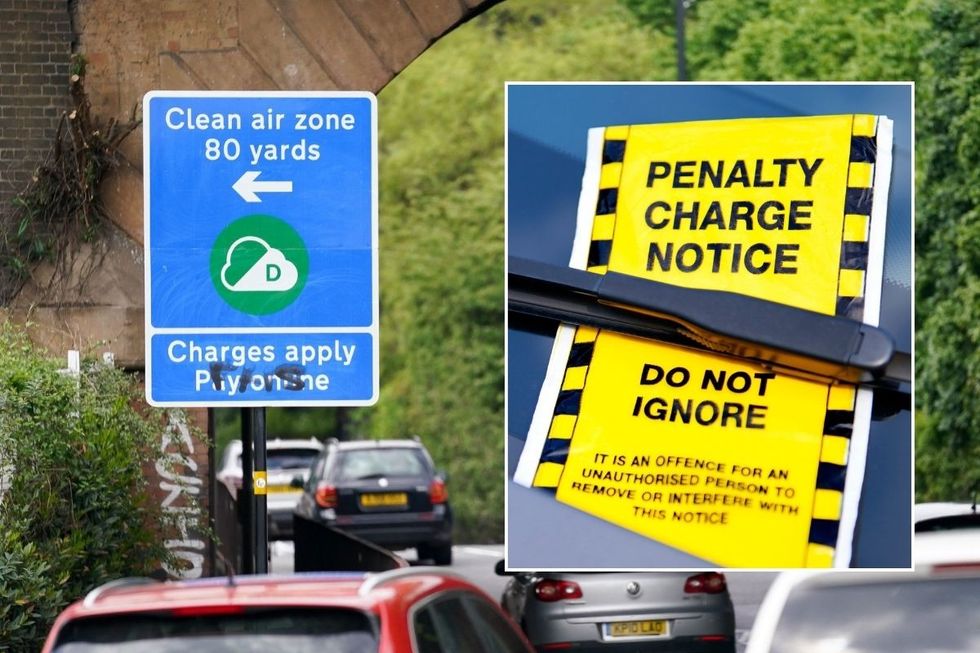
The council has revealed plans to increase the CAZ charge to as much as £14
| PA/GETTYThe authority detailed that "the higher the charge rate, the higher this compliance becomes," with hopes that the radical move would impact NO2 levels.
While the CAZ is primarily designed to improve environmental and public health outcomes, "any change to the charge structure will also have implications for the transport network".
The report warned that without "further intervention" and potential cost rises, compliance with the CAZ will not be achieved until 2029.
Under the current model, drivers can be fined £9 for entering the zone with a non-compliant vehicle, but HGV drivers can be fined up to £100.
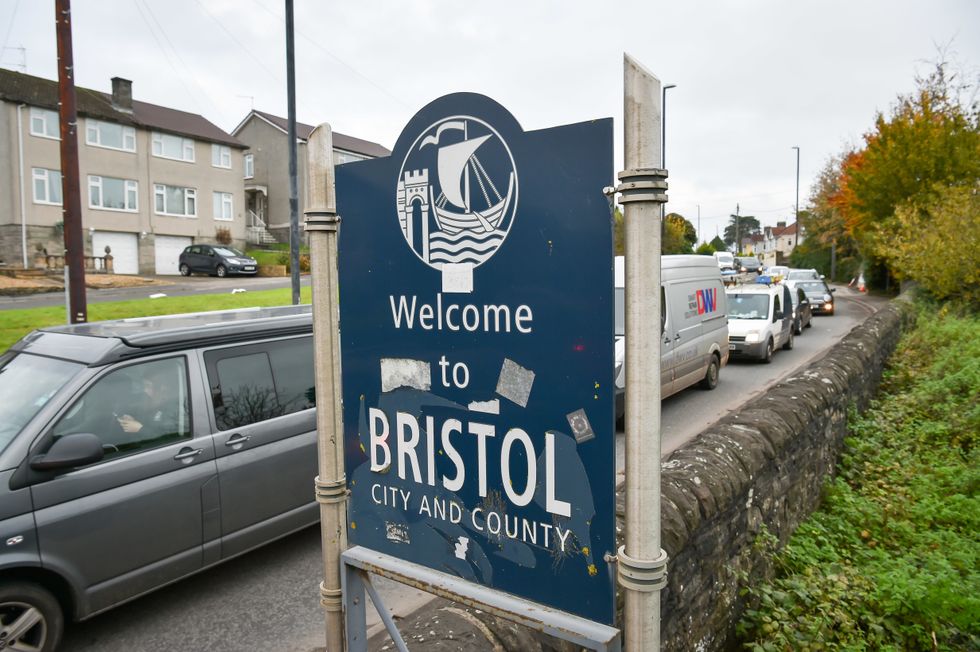
Bristol's Clean Air Zone has been met with backlash by drivers who have refused to pay the daily fee
| PALATEST DEVELOPMENTS
If the fee is ignored, the penalty can increase rapidly to £100, although this can be halved if paid within two weeks.
Drivers with Euro 4, 5 and 6 petrol vehicles remain exempt from the fees alongside Euro 6 diesel vehicles. Fully electric vehicles and hydrogen fuel cell vehicles do not have to pay the daily charge.
Last year, the council faced a serious revolt after reports found drivers deliberately avoiding paying the CAZ, with £32million owed to the authority through unpaid fines.
However, the council noted that the percentage of compliant vehicles passing through the CAZ increased by two per cent between 2023 and 2024.
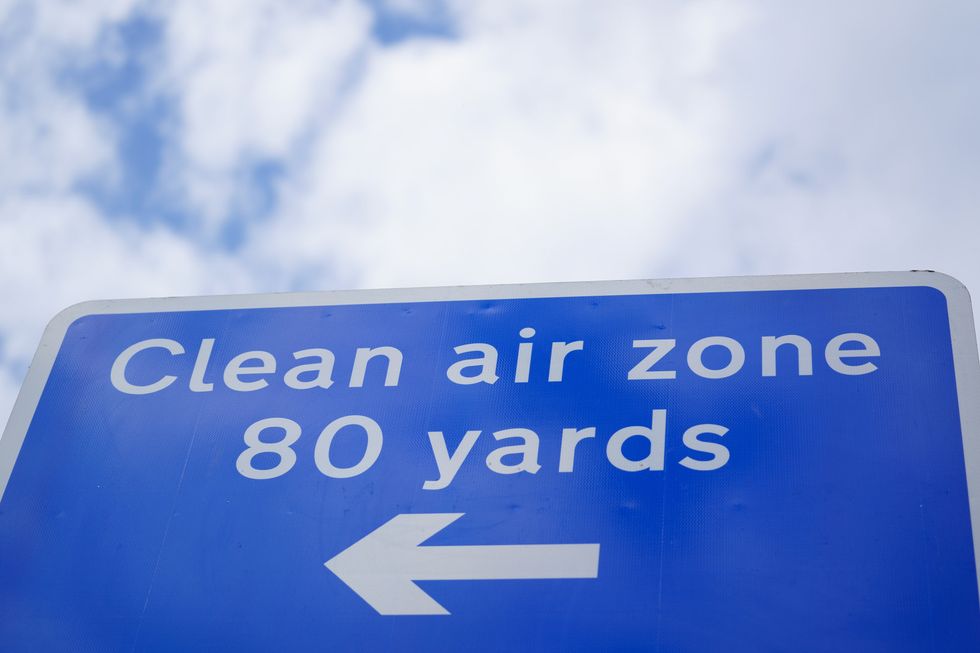 Bristol launched its Clean Air Zone in 2022 | PA
Bristol launched its Clean Air Zone in 2022 | PAThe council explained how increasing the charge could offer a host of benefits, including greater bus service frequency and the promotion of more sustainable travel.
However, it acknowledged the potential for a "disproportionate impact" on particular groups across the city.
The council shared: "Affordability impacts are likely to be negative across the socio-economic and business groups that directly interact with the CAZ area, who drive non-compliant vehicles.
"Disabled people who are unable to work will be affected disproportionately by the increase in CAZ charge, as they would not be eligible for the financial support and are less likely to be able to afford the CAZ charge."


